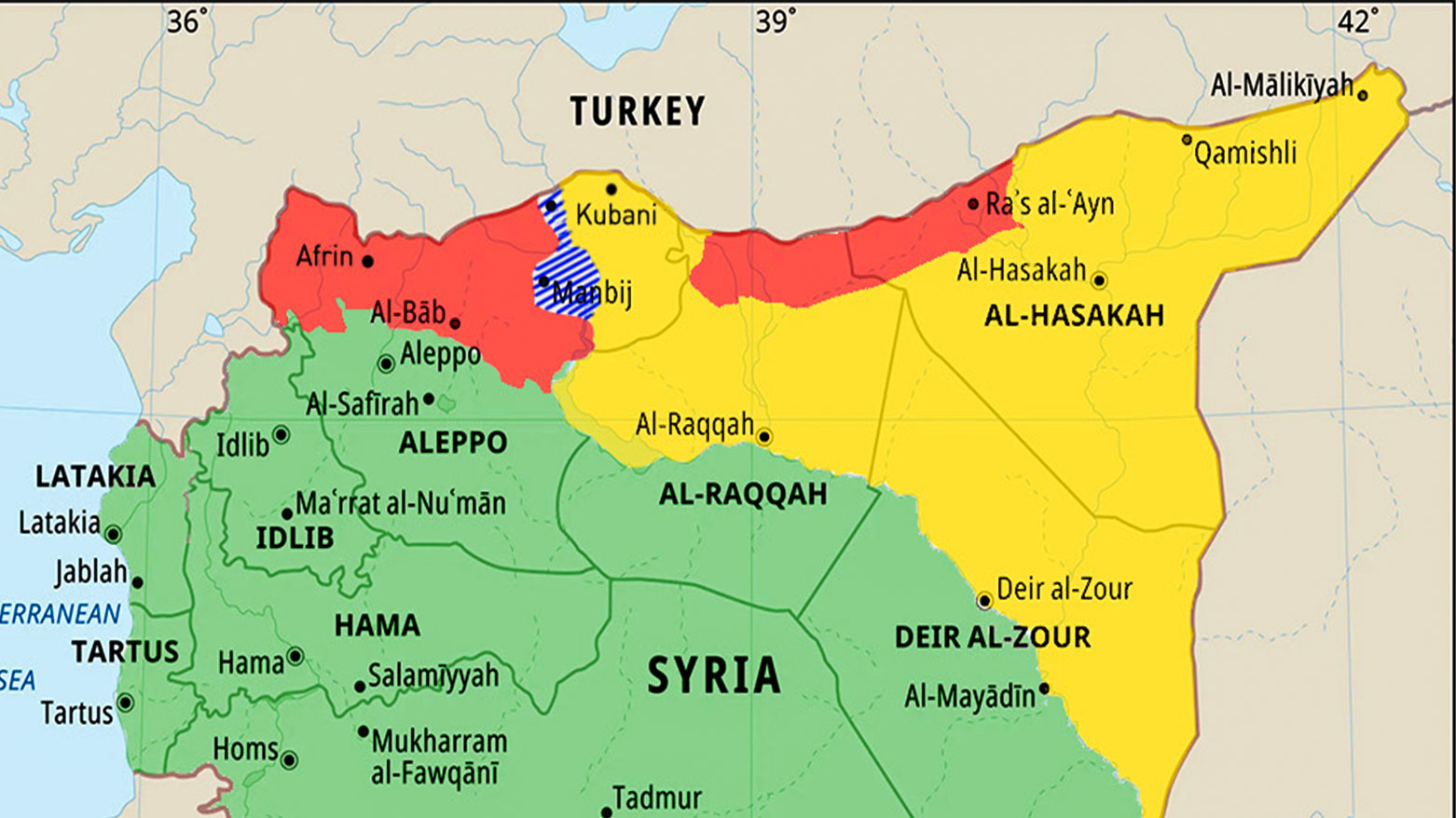Unity on Paper, War on Ground, Unfinished Battle of Syria
Despite the unification of armed factions under Syria’s transitional government, deep-seated rivalries and territorial ambitions continue.

Jan. 31, 2025
ERBIL(Kurdistan24) – Despite recent efforts to consolidate Syria’s armed factions under the transitional government led by Ahmed al-Sharaa, violent confrontations persist in Rojava (Northen Syria) between Turkish-backed factions and Kurdish forces, raising questions about the fragile state of negotiations with Damascus.
At least 26 military personnel were killed or injured in the past 24 hours as drones and heavy artillery were exchanged between the Syrian National Army (SNA) and the Syrian Democratic Forces (SDF) along multiple frontlines.
According to Syrian Observatory for Human Rights (SOHR), five SNA fighters were killed and eight others wounded in drone strikes launched by SDF near southern Manbij city in the eastern countryside of Aleppo.
In retaliation, Turkish drones conducted four airstrikes on an SDF checkpoint near Deir Hafer, killing one SDF member and injuring three others. A civilian was also killed in the crossfire.
In a separate development, eight additional SNA fighters were killed when SDF forces targeted Turkish-backed positions in Deir Hafer, escalating hostilities further.
Meanwhile, in Qara Qozak southern Kobani in Rojava, SDF’s special units carried out a revenge attack against a Turkish base in response to the Sarin Massacre, reportedly causing casualties and destroying multiple vehicles.
Read More: Turkish Airstrikes Kill 13 Civilians in Rojava, SDF Condemns “Massacre”
The recent escalation adds to the growing death toll since the latest wave of violence erupted on Dec. 12, 2024. According to SOHR, the conflict has claimed 543 lives, including:
· 54 civilians (7 women, 4 children)
· 411 Turkish-backed fighters
· 78 SDF members, including one commander
Political Implications and Regional Reactions
The hostilities come after the unification of the armed factions in Syria under the authority of the transitional government headed by Ahmed al-Sharaa, the SNA joined the new authority, prompting increasing calls for de-escalation.
Despite the ongoing conflict, Kurdish political leaders have cautiously welcomed the appointment of al-Sharaa as the head of the transitional government.
Jadaan Ali, head of the Kurdish National Council in Syria (KNCS) representation in the Kurdistan Region, told Kurdistan 24 that while Kurdish political factions were not consulted on Sharaa’s appointment, “the decision in the end is linked to the military leadership on the ground.”
Additionally, he highlighted that, “since the armed factions are the ones who liberated the country from the rule of the fallen regime, Ahmed al-Sharaa derives his legitimacy from these factions, in addition to international approval.”
Despite the unification of armed factions under Syria’s transitional government, deep-seated rivalries and territorial ambitions continue.
While political agreements suggest progress, the reality on the ground remains shaped by unresolved disputes, strategic power struggles, and the absence of a genuine reconciliation framework—leaving Syria’s fragile stability hanging in the balance.